Lyra
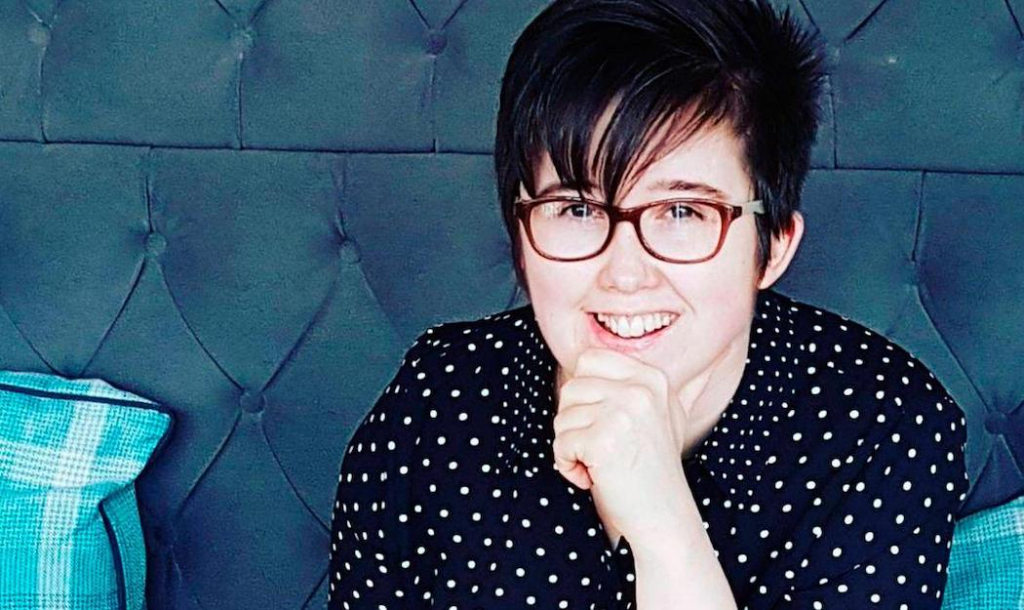
On the face of it, Lyra (pronounced Leer-rah) is a documentary charting the events leading up to the murder of Northern Irish investigative journalist, 29-year-old Lyra Mckee, during sectarian riots in Derry in 2019. An early title card featuring an excerpt of Lyra’s diary from 2013 suggests as much: “I’m working on a story that requires me to ask questions about dangerous people. Every day, I wonder if they’re going to find out and do something about it.” On the basis of this, one might assume that director Alison Millar is about to conduct a tightly wound investigation, piercing through a conspiracy emanating from the New IRA movement.
Lyra is, in fact, not as concerned with cold, detached investigation as first impressions may imply; Millar, a close friend of Lyra who has also conducted investigative research, most notably in conjunction with the 2013 documentary, The Disappeared, approaches the tragedy with a gentle, personal touch, building a portrait of a curious, socially conscious, talented young woman. Much of this impression is created by the people closest to her – most notably her sister, Nichola, to whom we are first introduced as she sorts through Lyra’s possessions. One item of note is a dictaphone: “With Lyra, you just never knew when a story might pop up, so she always had it with her,” reminisces Nichola, “It’s lovely to be able to play it and listen to her voice. It makes it feel like she’s still here.” Through the rediscovery of Lyra’s journalistic tools, we are not only given insight into the forensic curiosity that propelled her work, but the loss with which the film is equally concerned.
The politics, however, are still there, as there is no personal portrait of Lyra Mckee that clicks into coherence without them. Millar allows Lyra to tell her own story through various recordings. She, herself, traces her politicisation back to the geography of her hometown, Ardoyne – a town where a fifth of all Troubles-related killings took place. So normalised was sectarian violence that her street was located just off a strip known as “murder mile”. Millar contextualises Lyra’s accounts of her upbringing with archival footage of militarised streets and armed republican dissidents, a hardened breeding ground for social consciousness. Growing up in such an environment, how could one not constantly be asking why? It is a word that Lyra tongue-in-cheek describes as her very first, and one that is behind every investigation she undertakes, whether it be the disappearance of children at the height of the Troubles, or endemic rates of suicide that have ravaged communities since the end of the conflict.
With this in mind, it would have been easy for Millar to create a film ravaged with bitterness and hard edges. Instead, it brings a happy, vibrant life into focus as a tribute, but also as a reminder that tribal loyalty has real, human victims. Footage of Michelle O’Neill and Arlene Foster sat side-by-side at Lyra’s funeral suggest a hope that has not yet been tapped into when it comes to political stability in Northern Ireland, but this feature seems to be, in part at least, a plea to all in times of apparently unshakeable tribalism that humanity unites us all. It is a commendable achievement when the ripple’s perimeter is still so small and the hurt still so raw.
Matthew McMillan
Lyra is released digitally on demand on 4th November 2022.
Watch the trailer for Lyra here:

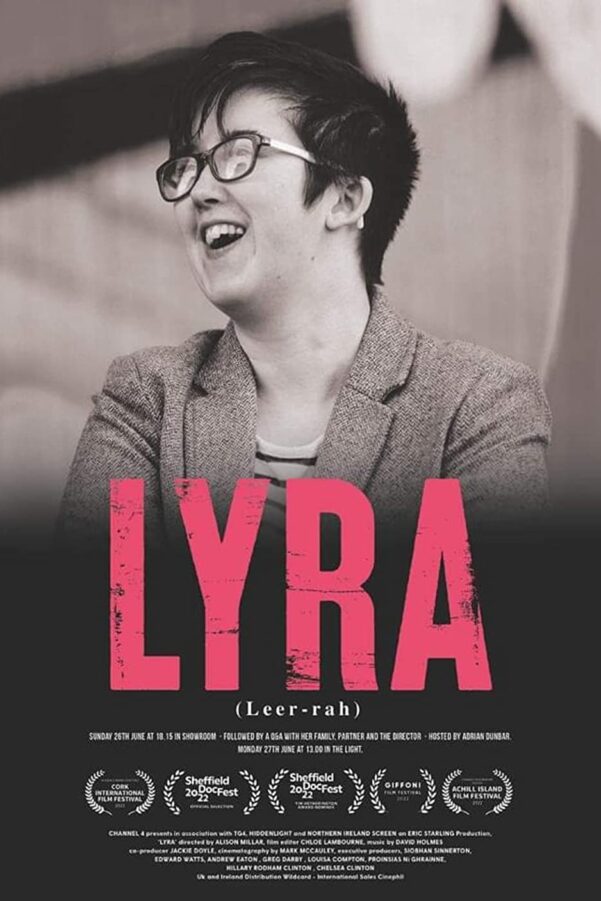
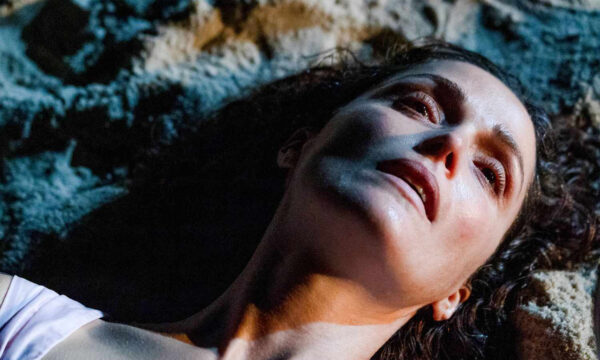

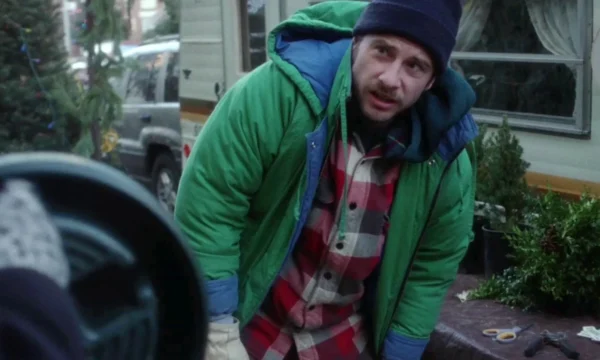

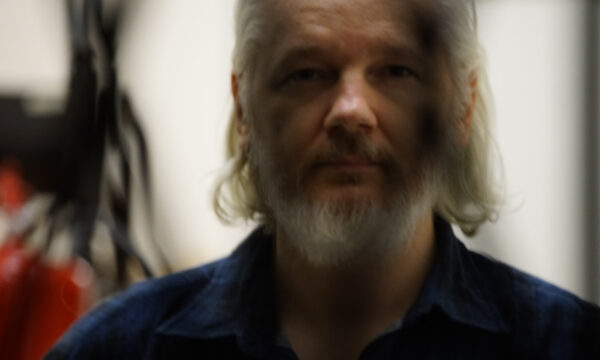

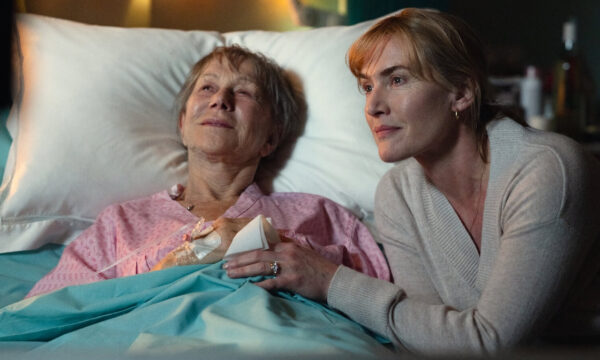
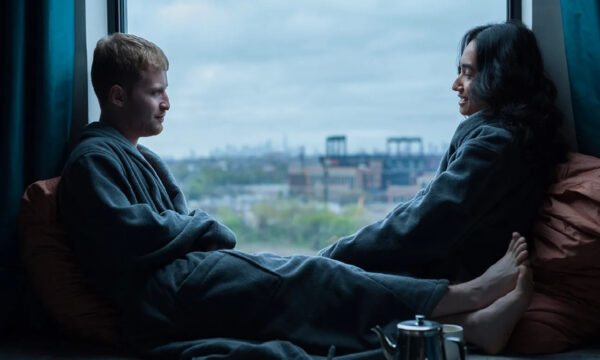


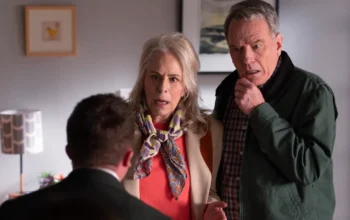









Facebook
Twitter
Instagram
YouTube
RSS